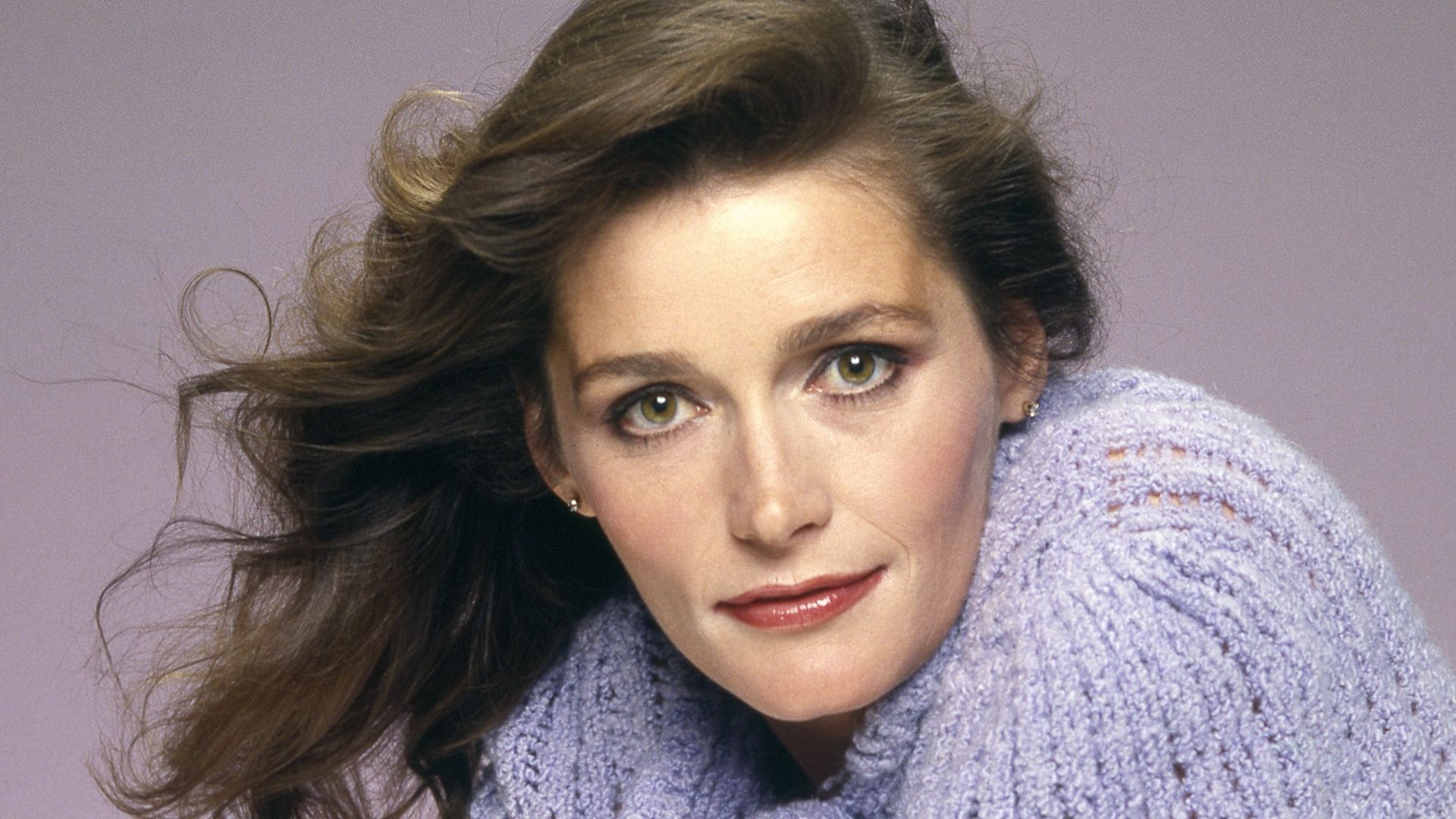As we prepare for a new era of "Superman," it's important to think back on the roots of the story. Superman is a comic book character that has been around for decades, first appearing in 1938. The story has been adapted into dozens of comics, cartoons, TV shows, and movies, with every writer and creator adding their own take on characters like Clark Kent, Lex Luthor, and Lois Lane. One of the most beloved versions of Lane was played by Margot Kidder, the Canadian-American actress who was the first Lane to grace the big screen. She played the part through the '70s and '80s, in four separate films opposite Christopher Reeve. To this day, both actors represent the definitive versions of the characters.
While Kidder was beloved and remembered by many, she led a tragic and complex life, filled with ups and downs in her mental health. These episodes took a toll on her career and on the public's perception of her.
Kidder battled many health conditions
Kidder was one of the most famous faces in the '70s and '80s. While she was prolific in her work and was close with the leading directors and filmmakers of the era, she was struggling with various health conditions, including a diagnosis of schizophrenia that she received in her '20s. She coped with her condition through the use of different substances, prescribed and self-medicated. It spiraled into a destructive cycle that she was unable to escape.
Kidder's struggles were kept away from the public until the '90s, when they were heartbreakingly aired out after she experienced a car accident that left her in debt and unable to work. The press mocked her when she faced various manic episodes and wrote about her selling jewelry on the streets of New York. She died in 2008, in what doctors later determined as a self-inflicted drug and alcohol overdose.
She had a complex relationship with fame
“After Superman came out, I found it very difficult and hard to deal with,” she said in 1997, per The Independent. “There is a sense of having to put on this phoney face when you go out in public. I wasn’t very good at it, and it filled me with anxiety and panic. I had to hide the manic depression, for one thing. I just felt inadequate for the job.”
After the world knew of her substance abuse and mental health disorders, Kidder became refreshingly honest about the struggles she faced. In 2001, she was given the Courage in Mental Health award from the California Women’s Mental Health Policy Council. She used her speech to thank the homeless people who kept her safe while she was going through the worst of her manic episodes.
“I was, in common terms, cuckoo,” she said. “But they had compassion and understanding. They knew that my confusion did not negate my humanity. What people need when they’re crazy is not to feel separated from the rest of humanity, but to have that hand reach out with love, and say, ‘OK, this is who you are right now. That’s fine. I’m here for you.'"
Before Superman, Kidder was a horror icon
While it's easy to bog down an actor with their most famous performance, Kidder was a true icon, having a string of iconic horror movies released before her "Superman" big break. She plays a key role in the beloved slasher "Black Christmas," playing a refreshingly liberated woman for a film released in 1974, and leads Brian DePalma's "Sisters." She also stars in "The Amityville Horror," a horror staple that has been explored in novels and various film reboots.
Diving into Kidder's filmography is the best way to honor an often overlooked actress who was just as nuanced and progressive as Lois Lane herself.
